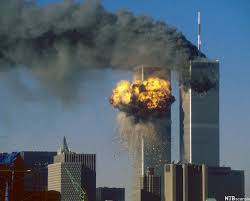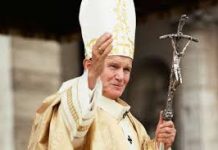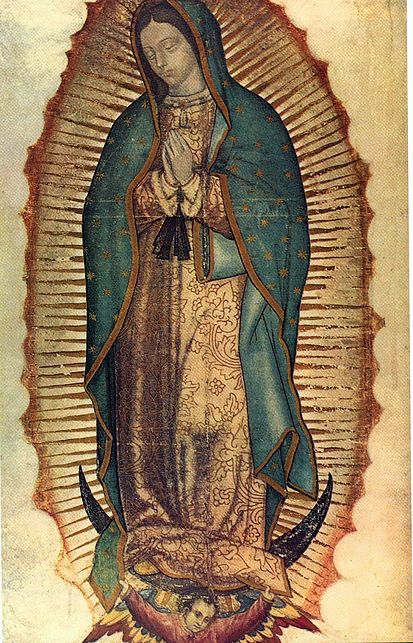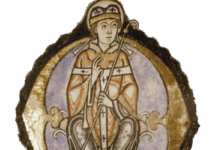It is difficult to believe that it was a full eighteen years ago I first heard of the attack – initially reported as a bombing – on the World Trade Centre buildings, on my car radio, an old, donated Pontiac 6000, its navy-blue paint mottled and rusted, but still running fine, outside the former convent, where we just starting out on the adventure that would become Seat of Wisdom College.
We had a few American students amongst the fifteen who had signed up for that year – our program was a one-year foundation in the liberal arts – one of whose fathers worked at the Pentagon. I called the day off, as the horror and tragedy of what truly happened unfolded before our eyes.
Yet we must put all this into current and historical context: 2,977 were estimated to have died when the towers fell on that September morning. A tragedy beyond reckoning. Yet, ten million were killed in the First World War, and up to forty million in the Second. And we should keep in mind that there are approximately 125,000 abortions committed each day across the world, with about 1,748 of them daily in the United States. And those are only the ones reported to the CDC, to say nothing of all the chemical abortions done at home, or those induced by abortifacient contraceptives.
We are awash in death, a great evil, especially in the first bloom of one’s existence, but, as Pope Saint John Paul II pointed out in Evangelium Vitae, our life here is but a penultimate good, with the ‘ultimate’ good found only in heaven. Spiritual and moral evil is far greater than any physical evil, even death itself, which is why the Holy Father goes on to state that in all the crimes against life, more harm is done to the perpetrator than the victim (cf., par. 3). Those who hijacked the planes and flew them into the buildings, motivated by their distorted view of God, of all the victims are most to be pitied, since their salvation is, to all appearances, most in doubt. And eternal death, need we point out, far more evil than the dissolution of one’s flesh, by whatever means. But we pray for them, and for all.
And do not fear those who kill the body but cannot kill the soul; rather fear him who can destroy both soul and body in hell. (Mt 10:28)
And what are we to say of Islam in all of this? The perpetrators – so we shall call them, and those who stood behind them, planning all this and further mayhem – chose their day well. It was on September 11th – or 12th by some accounts – in 1683 that the vast army of the Islamic Ottoman Turks, confident in their numbers, their zeal, their cannonry, sieged the gates of Vienna, hoping to burst through its into Europe, were stopped dead in their tracks, decimated and humiliated – against all odds – by the courageous forces under the Polish general Jan Sobielski – but more on that tomorrow.
But they have waited, and continue to wait. As one aphorism from the Taliban has it, the Americans have all the watches, but we have all the time.
Historical memory is a good thing, even if it may be put to bad use. Seeing events in their context, in light of that whole eschatological view of history moving towards its final culmination in God’s good providence, allows us to take confidence that though the forces of evil may have their transitory triumphs – from their limited perspective – God in the end wins the war. And woe to those on the losing side.











